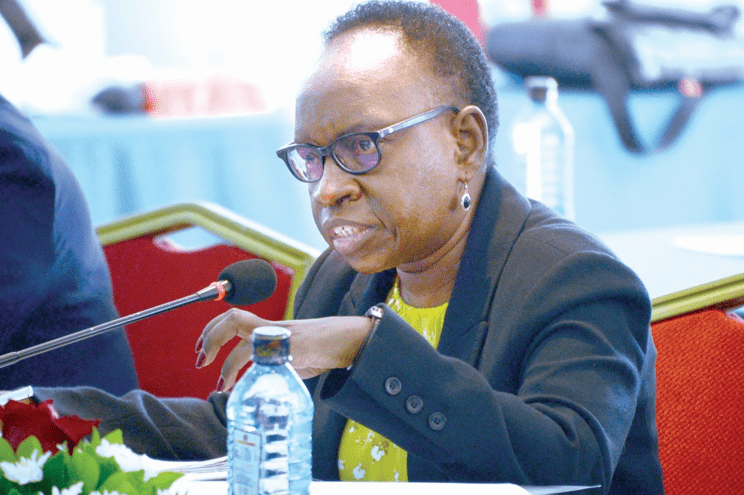Challenges in the distribution networks across the East African Community (EAC) are affecting the operations of the retail and wholesale business for Kenya, a sector that is among the largest revenue earners and providers of employment.
According to the Retail Trade Association of Kenya (RETRAK), a lack of harmony in regional laws is a major hindrance to the well-being of the sector. The devolved units in Kenya are now contributing further to this challenge.
“Even before distribution reaches the country borders, they have gone through a lot of internal barriers, levies, and fees,” said CEO Wambui Mbarire.
“Regional traders are now being confronted with multiple taxes while traversing counties in Kenya, being forced to pay identical charges and levies in each of these counties,” she added.
This significantly affects revenue, as wholesale and retail trade is ranked fifth in gross domestic product (GDP) contribution and third in private sector job creation. The introduction of the Devolution Act in 2010 distributed power across the 47 counties in an attempt to bring services closer to the people and enhance development through development-friendly legislation and policies.
However, devolution has affected not only intra-county trade in Kenya but also trade within the EAC, raising an alarm on the multiple taxes, fees, and charges in the new devolved system and their effect on intra-EAC trade.
This is part of the reason why Tanzania reported Kenya to the EAC last year, citing the introduction of non-tariff barriers (NTBs) through the levies charged by the counties in total disregard of Kenya’s obligations in the EAC. During a meeting of stakeholders from the EAC distribution sector convened in Nairobi, Kenya was urged to address challenges facing the sector and make plans to overcome the barriers affecting the sector in the region.
The participants included stakeholders from the region’s wholesale trade services, retailers, and franchising sectors, representing public and private organizations, business associations, distribution firms, and e-commerce platforms.
Elizabeth Miguda, deputy director and head of regional trade at Kenya’s State Department of Trade, said the sector faces issues such as fragmented regulatory obligations without a specific framework, which can foster anti-competitive practices. “There is also a lack of business and management skills among entrepreneurs and insufficient digital skills to keep pace with the growing importance of online distribution channels,” she noted.
Other challenges facing the sector include weak links with local suppliers, high investor exit rates in the retail sector, and insufficient industry skills.
The stakeholders discussed various ways of tackling these issues. Miguda noted that the liberalisation of this sub-sector presents significant opportunities for entering new markets within the East African Community. She said that streamlining the distribution process could improve resource allocation and better align supply with demand.
“This will reduce risks, lower costs, enhance quality, and provide consumers with a wider range of products at competitive prices, thereby contributing to the sector’s overall efficiency,” she added.
The conference facilitated knowledge exchange among countries with successful reforms and foreign entities with advanced distribution practices, focusing on inventory management, skill enhancement, and local supplier integration.

















